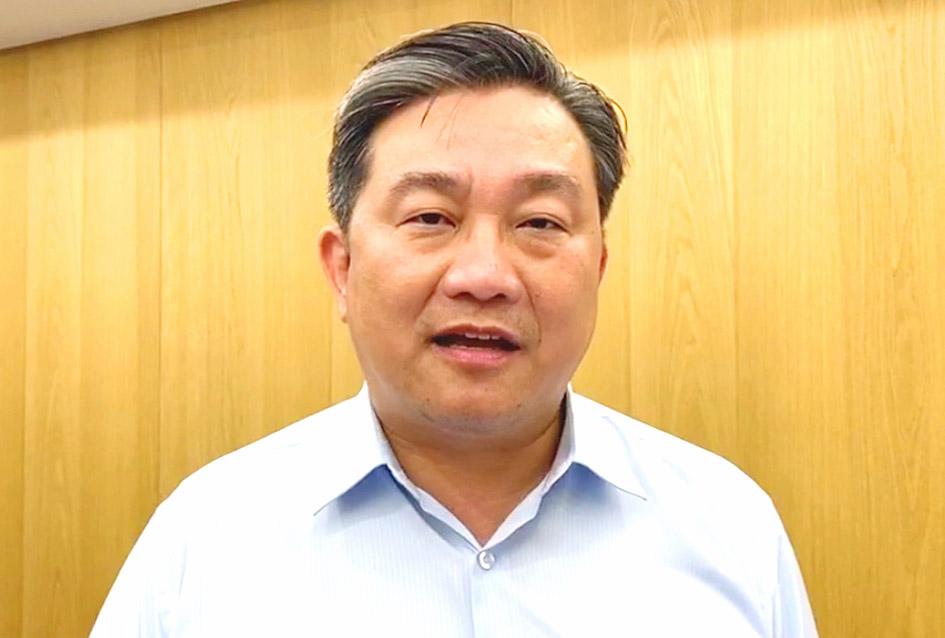Beijing’s is worsening cross-strait relations and creating fear by taking “political hostages,” Democratic Progressive Party (DPP) legislators said yesterday, referring to Chinese media reports that three Taiwanese men had been detained and confessed to being spies against China.
“Under China’s authoritarian regime, you can be arrested and prosecuted on whatever charges it wants to pin on you,” DPP Legislator Wang Ting-yu (王定宇) said. “Chinese government officials need no evidence to convict people, all they need is to extract a confession out of you.”
The three men are “political hostages” in China’s “coercive diplomacy” against the exterior world — in this case, Taiwan, Wang added.

Photo: Wu Chun-feng, Taipei Times
China’s policy of arresting Taiwanese and other foreigners “is part of its ‘grand external propaganda’ machine to generate the impression that foreign forces are conspiring to subvert the Chinese government,” Wang said, adding that it is also to make Chinese fearful of having contact with Taiwan’s pluralistic culture.
Wang warned Taiwanese to assess the risk of investing in China or of taking trips to China, Hong Kong or Macau, saying that they could be arrested regardless of their party affiliation.
“China is a very dangerous place now, so people go there at their own risk,” Wang added.
Deputy Legislative Speaker Tsai Chi-chang (蔡其昌) told a media briefing yesterday that the three men are unknown to him and other DPP officials, and that they do not work for the party.
“Chinese state media claim that Taiwanese spies were caught — these are fabricated reports, that we can tell from the details presented,” Tsai said. “It will only worsen cross-strait relations, pushing the two sides farther apart.”
The negative news would only make Taiwanese angry and hostile toward China, he said, adding that people would think that Beijing is presenting false evidence to pin everything on Taiwan and the DPP.
“It will also bring fear to Taiwan’s business community,” he said.
Recounting how afraid a Taiwanese with investments in China was during the reports about the detainees, Tsai said that his friend is pro-China and even cheers: “Long live the Chinese motherland,” at events, but is still scared of being arrested the next time that he travels to China.
One of the three, former Czech Republic-based academic Cheng Yu-chin (鄭宇欽), had in 2004 enrolled in a doctoral program at Charles University in Prague before founding and directing a think tank called EU-China Economics and Politics.
Tamkang University professor Wang Kun-yi (王崑義) said that he followed Cheng’s career after having him as student in 1997, and participated in university conferences in China with him.
“Cheng told me his think tank was actually a company to help Chinese students gain admission to post-graduate programs in Czech Republic,” he added.
The professor could not believe that Cheng was a spy, saying that while Cheng was not known for his pro-China stance in the past, he had worked to promote China’s Belt and Road Initiative during his stay in Europe.

POSITIVE DEVELOPMENT: Japan and the US are expected to hold in-depth discussions on Taiwan-related issues during the meeting next month, Japanese sources said The holding of a Japan-US leaders’ meeting ahead of US President Donald Trump’s visit to China is positive news for Taiwan, former Japan-Taiwan Exchange Association representative Hiroyasu Izumi said yesterday. After the Liberal Democratic Party’s landslide victory in Japan’s House of Representatives election, Japanese Prime Minister Sanae Takaichi is scheduled to visit the US next month, where she is to meet with Trump ahead of the US president’s planned visit to China from March 31 to April 2 for a meeting with Chinese President Xi Jinping (習近平). Japan and the US are expected to hold in-depth discussions on Taiwan-related issues during the

‘LIKE-MINDED PARTNER’: Tako van Popta said it would be inappropriate to delay signing the deal with Taiwan because of China, adding he would promote the issue Canadian senators have stressed Taiwan’s importance for international trade and expressed enthusiasm for ensuring the Taiwan-Canada trade cooperation framework agreement is implemented this year. Representative to Canada Harry Tseng (曾厚仁) in an interview with the Central News Agency (CNA) said he was increasingly uneasy about Ottawa’s delays in signing the agreement, especially as Ottawa has warmed toward Beijing. There are “no negotiations left. Not only [is it] initialed, we have three versions of the text ready: English, French and Mandarin,” Tseng said. “That tells you how close we are to the final signature.” Tseng said that he hoped Canadian Prime Minister Mark Carney

President William Lai (賴清德) yesterday bestowed one of Taiwan’s highest honors on Saint Vincent and the Grenadines (SVG) Ambassador Andrea Clare Bowman in recognition of her contributions to bilateral ties. “By conferring the Order of Brilliant Star with Grand Cordon on Ambassador Bowman today, I want to sincerely thank her, on behalf of the Taiwanese people, for her outstanding contribution to deepening diplomatic ties between Taiwan and SVG,” Lai said at a ceremony held at the Presidential Office in Taipei. He noted that Bowman became SVG’s first ambassador to Taiwan in 2019 and

A man walks past elementary school artworks at the Taipei Lantern Festival in Ximen District yesterday, the first day of the event. The festival is to run from 5pm to 10pm through March 15.